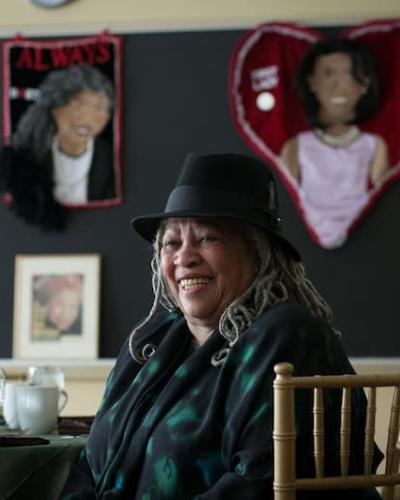Toni Morrison was truly a genius. Her sudden passing on Aug. 5, 2019 is so heartbreaking. The Nobel Laureate will go down in history as one of the world’s greatest writers who helped globalize the novel as a genre. She made a profound, critical impact on areas such as African American literature, American literature, black women’s literature and world literature, among others. Her career launched in 1970 with the publication of her first novel The Bluest Eye while she was still an editor at Random House. She also contributed to a range of other literary genres, including the short story. She was a consummate essayist whose writings made critical interventions into public dialogues on issues from the Anita Hill-Clarence Thomas hearings to the O.J. Simpson case. Her fiction is inherently philosophical and linked to history. I have learned so much from it, like many on this campus and in the larger community who teach and treasure it. In 1955 Morrison graduated from Cornell with a Master of Arts in English, linking her literary legacy inextricably to this institution and challenging us to be good and bold stewards of it.
I have literally grown up as a student, teacher and scholar engaging in consistent reflection on her work. I first read her writing during the summer weeks before I began classes at Spelman College, a historically black and women’s college in Atlanta, Georgia, as a student in 1989 because her novel Sula was one of the selections on our freshman reading list. I encountered her work again in my freshman composition courses and several other courses and analyzed Morrison’s writing in several papers. I wrote my paper on her first five novels in Dr. Donna Akiba Sullivan Harper’s African American literature course at Spelman, and included it as my writing sample with my applications to graduate school.
Read the entire article in The Cornell Daily Sun.





